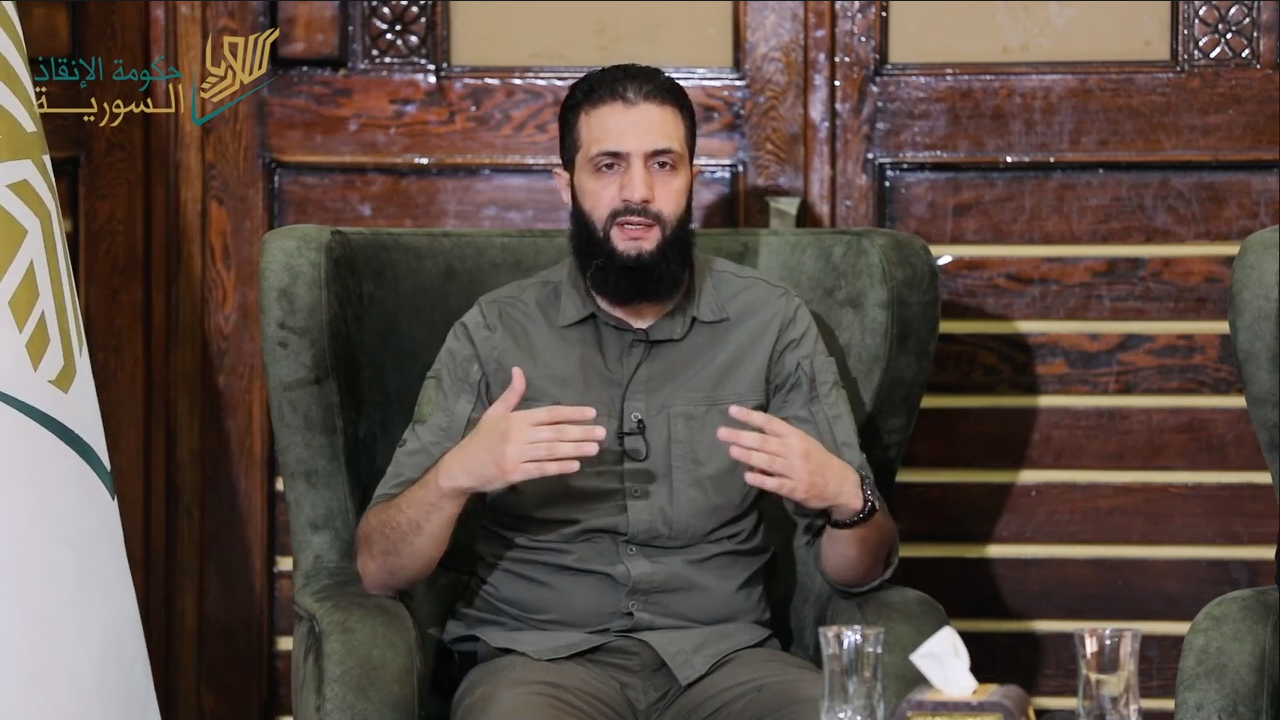
Jawlani’s “State of the Union”
In recent years, Abu Muhammad al-Jawlani, the leader of Hayat Tahrir al-Sham (HTS), has conducted and promoted a series of meetings with different actors in the areas that HTS controls. Those meetings that HTS promotes online usually happen in spurts. Of course, they can’t tell us everything about what is going on in HTS-controlled territory or the group’s plans for the future, but these meetings do provide some insights worth examining when viewing them over time. Over an approximately two-week period in late July, HTS released five addresses from Jawlani where he spoke with notables from the Hamah, Idlib, and Jisr al-Shughur regions, met with the Council of Ministers in the Syrian Salvation Government (SSG), and spoke at the inauguration of a water pumping project from Ain al-Zarqa to Sahel al-Rouj. In line with HTS’s gradual push in recent years to open itself up to the outside world, the most




